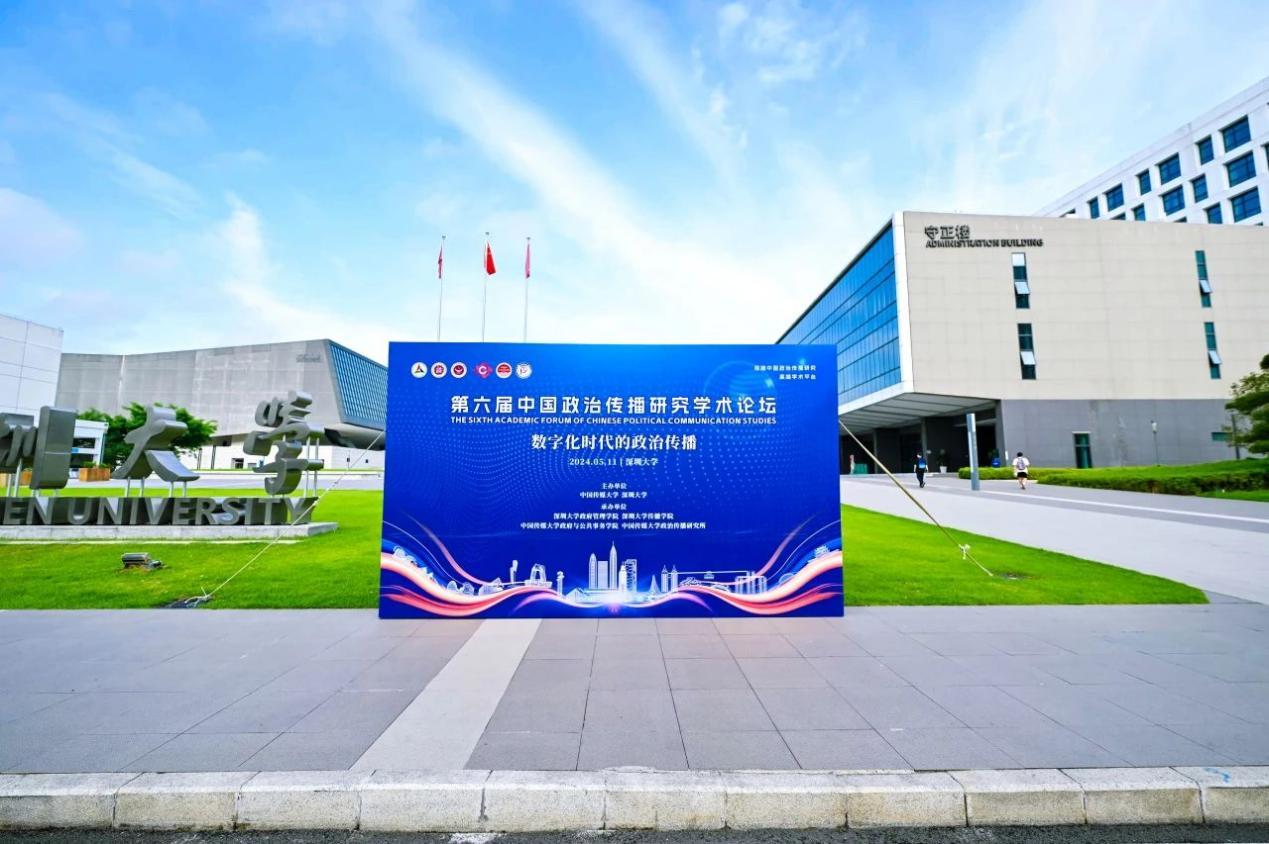
On May 11, 2024, the Sixth Academic Forum of Chinese Political Communication Studies was held at Lihu Campus of Shenzhen University, jointly hosted by Shenzhen University and Communication University of China. The event was organized by the School of Government and the School of Communication at Shenzhen University, along with the School of Government and Public Affairs and the Institute of Political Communication at Communication University of China. More than 100 experts and scholars from universities across the country attended the forum.
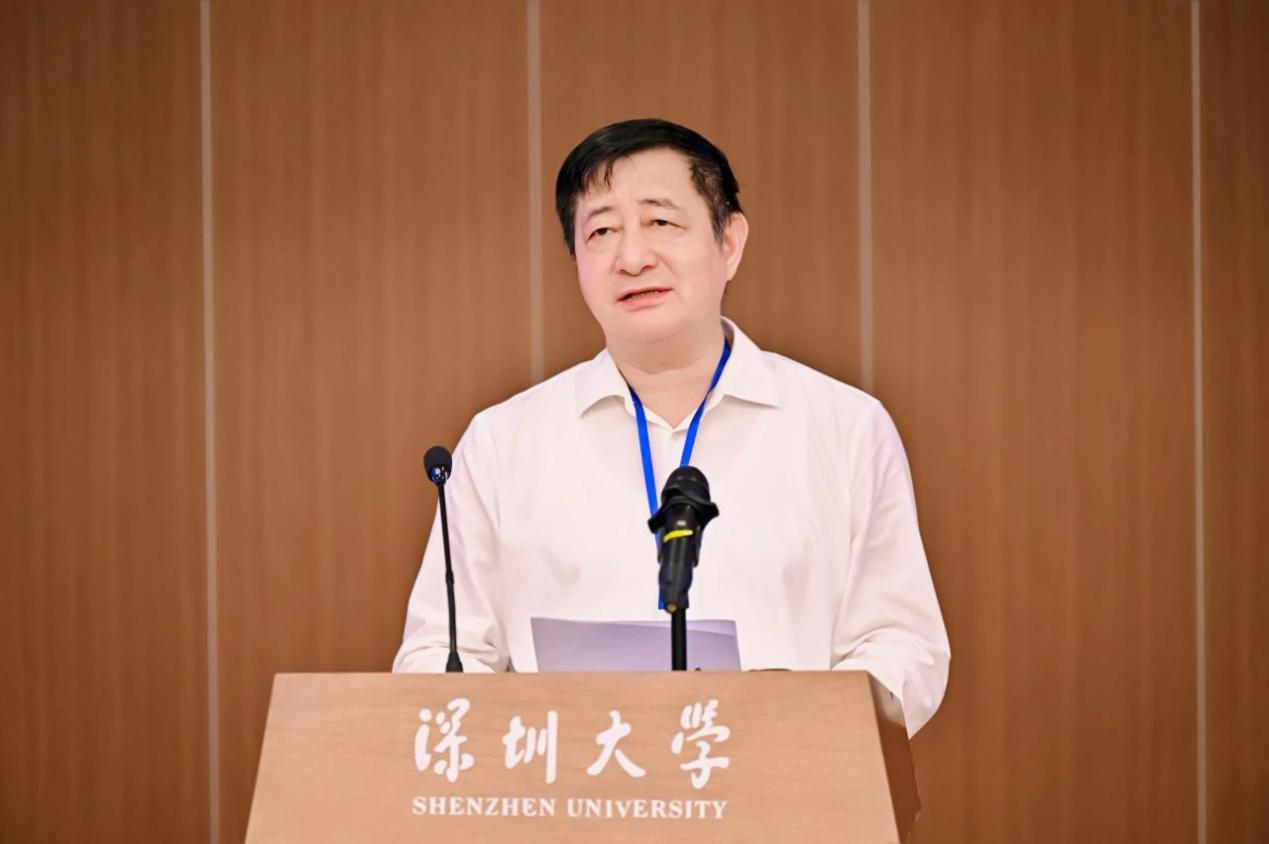
In his opening speech, Li Yonghua, Vice President of Shenzhen University, emphasized that the Sixth "Academic Forum of Chinese Political Communication Studies," focusing on "Political Communication in the Digital Age," is a positive response to the 20th Party Congress report on building a cyber powerhouse and digital China. He reviewed the development history of Shenzhen University, which has become a comprehensive university with rich disciplines and significant academic influence through 41 years of unremitting efforts. To enhance its comprehensive strength, Shenzhen University has proposed a three-step development strategy: first, to build a high-level comprehensive university during the 14th Five-Year Plan period; second, to become a globally influential high-level university by 2035; and finally, to become a world-class comprehensive university by the mid-21st century, serving as a benchmark university for socialism with Chinese characteristics in the new era.
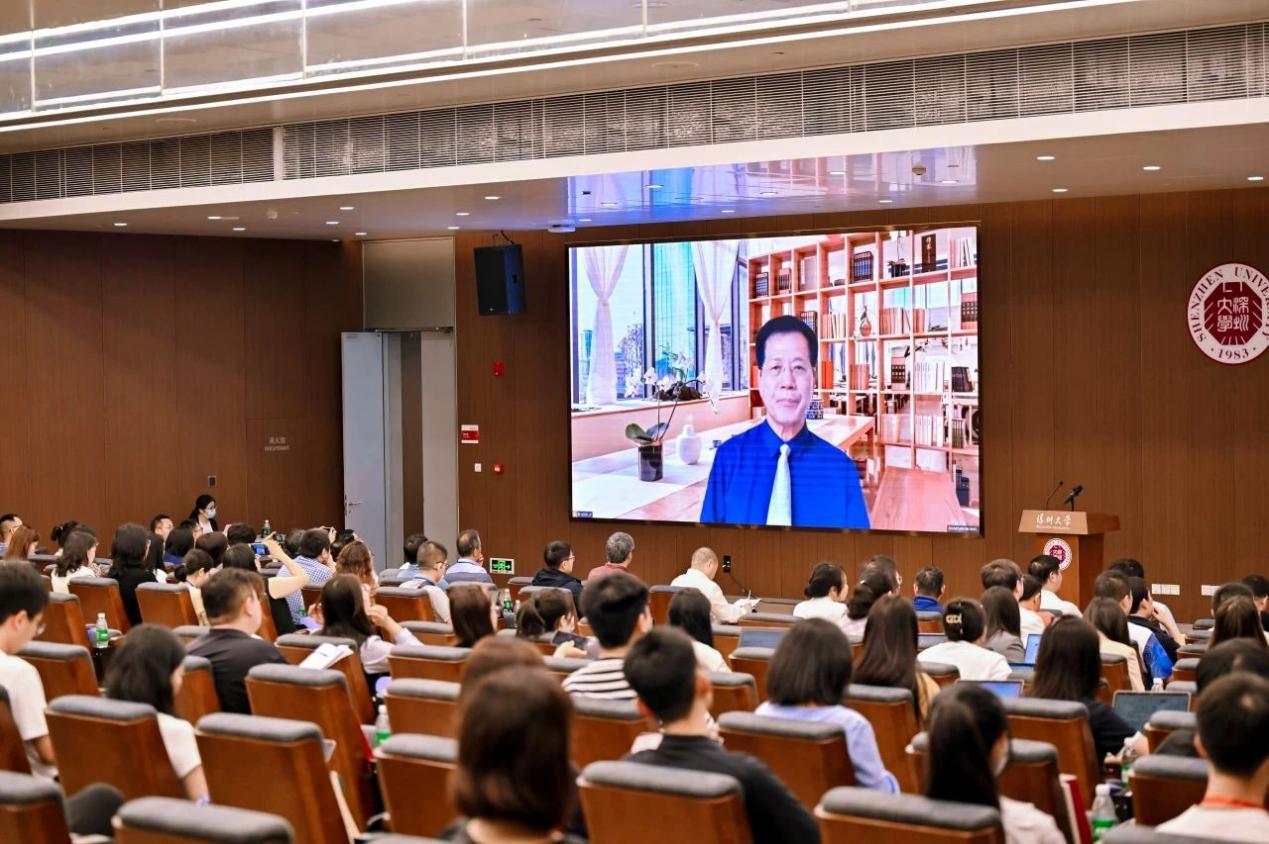
Yu Keping, Dean of the School of Government at Shenzhen University and Chair Professor at Peking University, highlighted the importance of hosting this forum for the development of their disciplines. He pointed out that political communication is an emerging interdisciplinary field, and since the reform and opening-up, the Chinese academic community has conducted extensive research on political communication from various disciplinary perspectives, achieving numerous results. Comparatively, research achievements from the perspective of journalism and communication are particularly outstanding, while political communication studies have not yet become a specialized research field within political science. He hoped that this forum would not only promote the study of political communication but also encourage the domestic political science community to focus on political communication research, thereby contributing to the prosperity of Chinese philosophy and social sciences and the progress of political civilization.
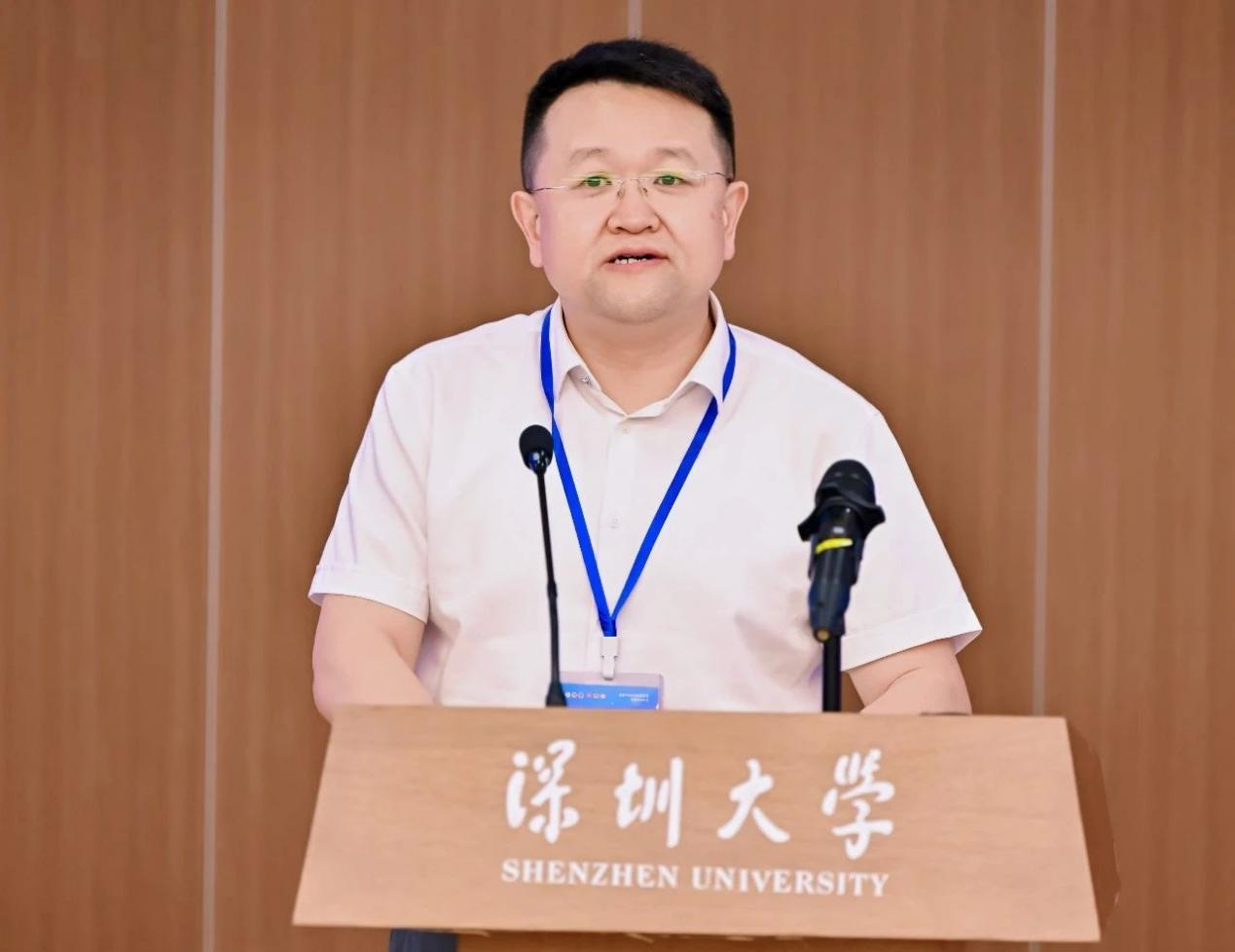
Pang Liang, Dean of the School of Government and Public Affairs at Communication University of China, remarked that this forum marks a special milestone as it transitions from a biennial to an annual event and expands beyond Beijing to the rest of the country. This reflects the vibrant development of political communication research in the new era. As an initiator, Communication University of China will continue to uphold its original intention and collaborate sincerely with partner institutions to contribute to the construction and academic development of political communication. With the theme "Political Communication in the Digital Age," the forum focuses on several theoretical and practical hot topics, aiming to foster broad consensus for the sustainable development of Chinese political communication research. He expressed hopes for strengthened cooperation between Shenzhen University and Communication University of China to promote the sustainable development of the political communication discipline and enhance its discourse power and influence in the academic community at home and abroad.
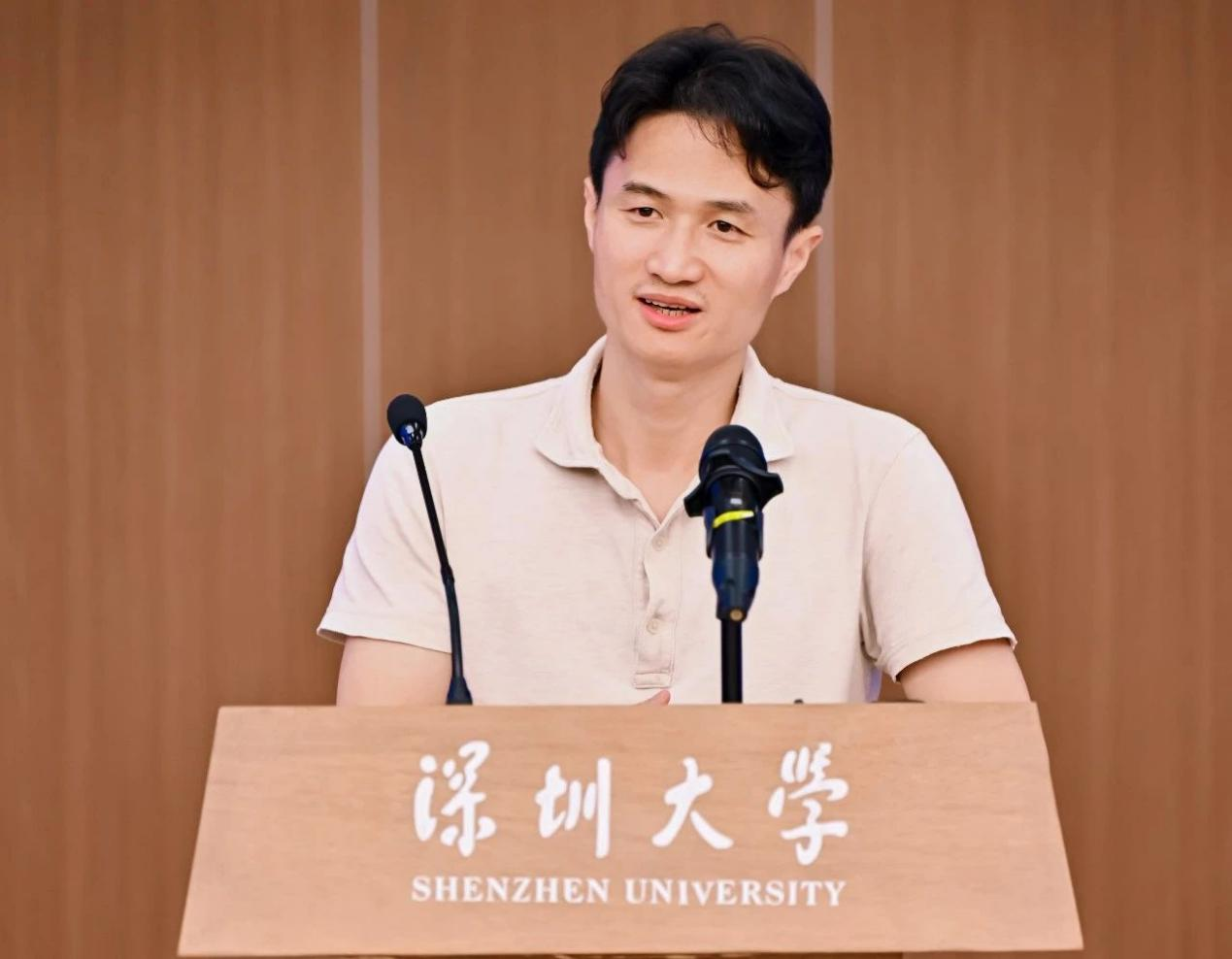
Peng Huaxin, Vice Dean of the School of Communication at Shenzhen University, expressed three forms of respect in his speech. First, "respect" for the pioneering achievements of the political communication research team at Communication University of China led by Professor Jing Xueming. Second, "admiration" for the peer School of Government, a young school and research team that has keenly identified new research directions in political communication for the new era. Third, "honor" for this forum, which showcases academic authority and inclusivity, encouraging and supporting doctoral and master's students by connecting them with the best academic resources, demonstrating a responsible attitude towards discipline construction. The opening ceremony was hosted by Professor Chen Wen, Party Secretary of the School of Government at Shenzhen University.
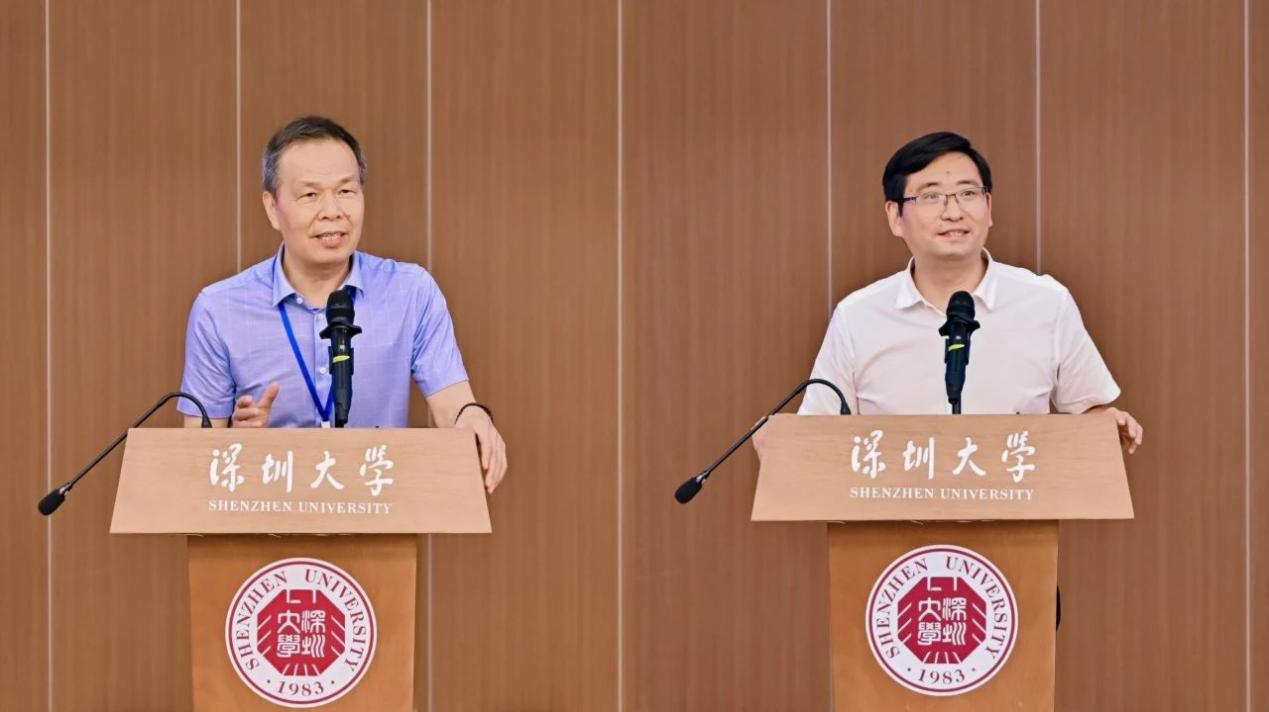
Following the opening speeches, the hosting rights for the "Academic Forum of Chinese Political Communication Studies" were handed over. In the presence of experts, scholars, and students, Jing Xueming, Director of the Institute of Political Communication and Chair of the Academic Committee of the School of Government and Public Affairs at Communication University of China, and Guo Xiaoan, Dean of the School of Journalism at Chongqing University and representative of the next host institution, completed the handover for the seventh forum.
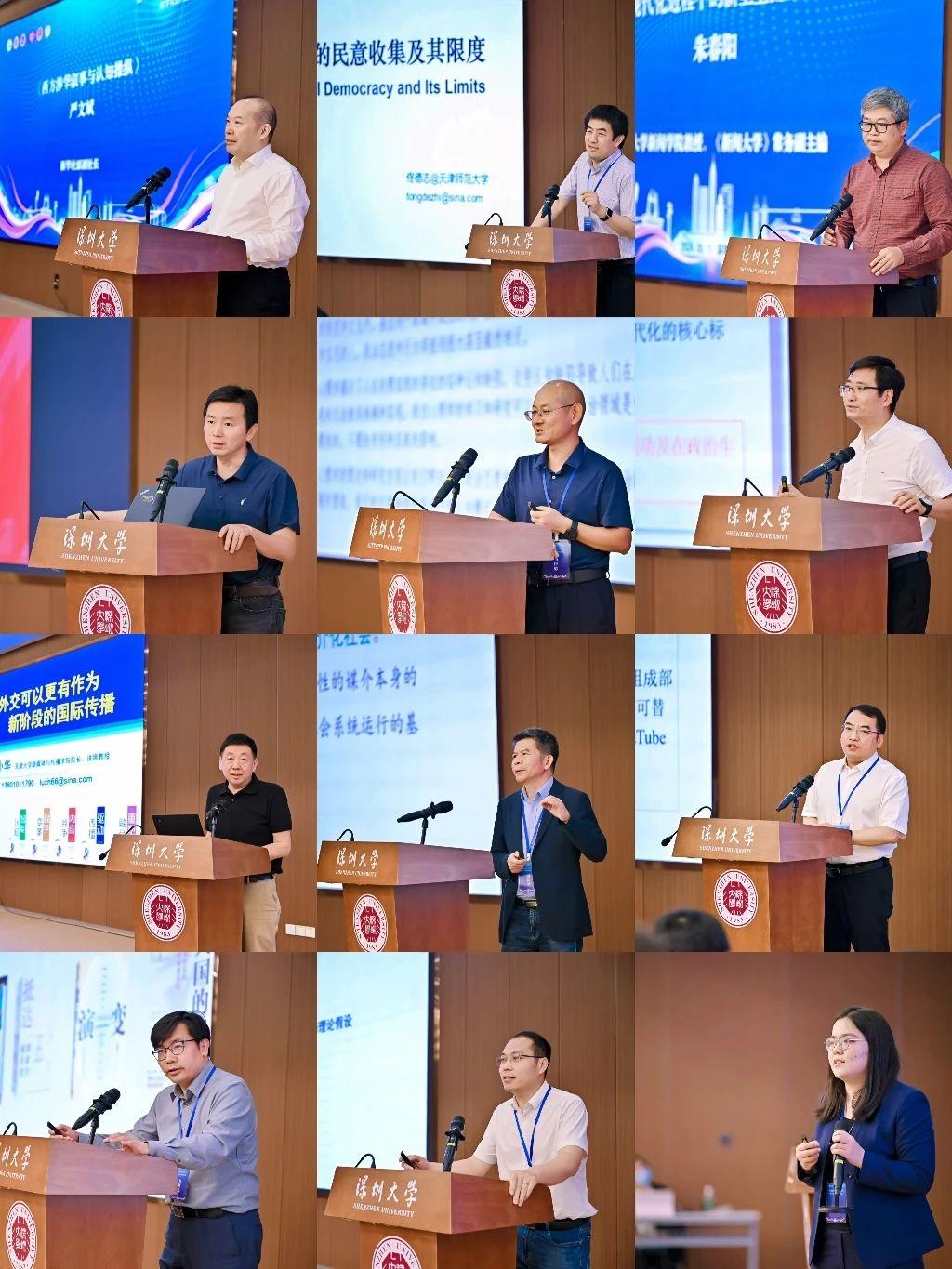
During the keynote speech session, Yan Wenbin, former Vice President of Xinhua News Agency, spoke on "Western Narratives on China and Cognitive Manipulation." Tong Dezhi, Vice President of Tianjin Normal University, discussed "Proactive Public Opinion Collection and Its Limitations in Digital Democracy." Zhu Chunyang, Professor at the School of Journalism at Fudan University and Executive Deputy Editor of Journalism University, addressed "Three Questions on the Construction of New Mainstream Media in the Process of National Governance Modernization." Zhu Hongjun, Professor at the School of Journalism and Communication at the University of Chinese Academy of Social Sciences and Executive Editor of Journalism and Communication Research, spoke on "Whole-Party Media: Theoretical Innovation of the All-Media Communication System under Xi Jinping's Cultural Thought." Ma Deyong, Director of the Department of Political Science at the School of Government at Shenzhen University, presented on "The Psychological Path of Political Communication Research: An Introduction to Netizens' Social Awareness Survey Data." Guo Xiaoan, Dean of the School of Journalism at Chongqing University, explored "Is Public Opinion Rational or Irrational? A Comprehensive Examination of Different Dimensions of the Concept of Rationality." Lu Xiaohua, Dean of the School of New Media and Communication at Tianjin University and Chair Professor, discussed "Great Power Diplomacy with More Accomplishments: New Stages of International Communication." Tang Runhua, Professor at the School of Journalism and Communication at Dalian University of Foreign Languages, addressed "Holistic Thinking in International Political Communication." Pang Jinyou, Dean of the School of Politics and Public Administration at China University of Political Science and Law, discussed "New Trends in Political Communication in the Digital Age and Their Democratic Impact." Bao Gangsheng, Professor at the School of International Relations and Public Affairs at Fudan University, explored "The International Political Logic of Telling Good Stories." Meng Tianguang, Vice Dean of the School of Social Sciences at Tsinghua University, examined "How Online Comments Shape Public Opinion on Foreign Affairs." Jing Xueming, Professor at the School of Government and Public Affairs at Communication University of China, and Hong Dandan, Postdoctoral Researcher at the Institute of Political Communication, spoke on "The Cutting-Edge Topics in Contemporary World Political Communication Research." The keynote sessions were chaired by Professor Gu Zhijun, Vice Dean of the School of Government at Shenzhen University, and Professor Bai Wengang, Vice Dean of the School of Government and Public Affairs at Communication University of China and Deputy Director of the Institute of Political Communication.
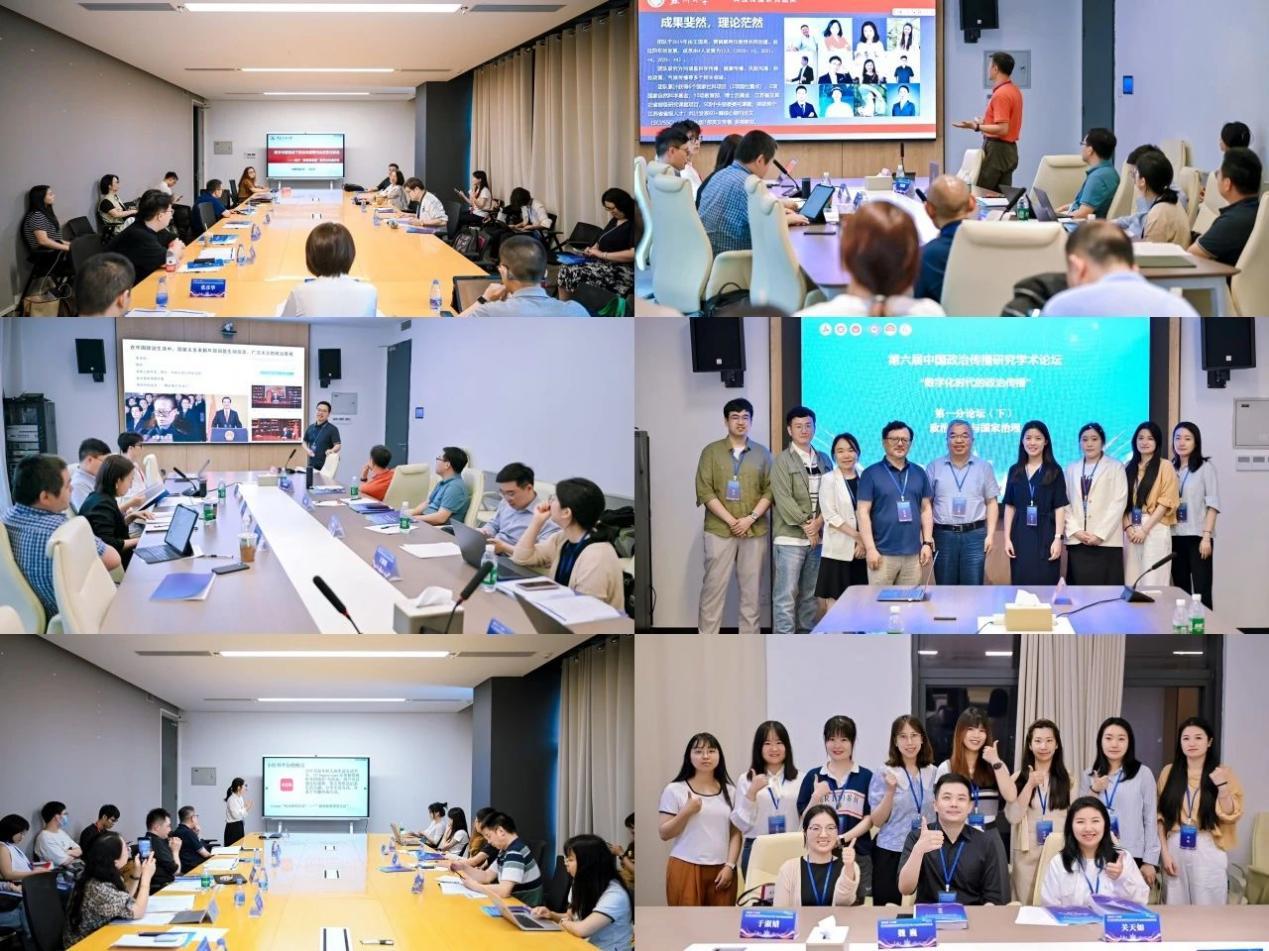
The forum featured four sub-forums and one graduate student forum, totaling 12 sessions, focusing on topics such as "Political Communication and National Governance," "Comparative Perspectives and International Communication," "Political Communication and Digital Governance," and "Political Communication Theory." These sessions covered major subfields and research hotspots in Chinese political communication studies in recent years. More than 40 experts and scholars shared their latest research findings. In the graduate student forum, nearly 30 doctoral, master's, and undergraduate students from various universities shared their latest research on the theme "Political Communication in the Digital Age."
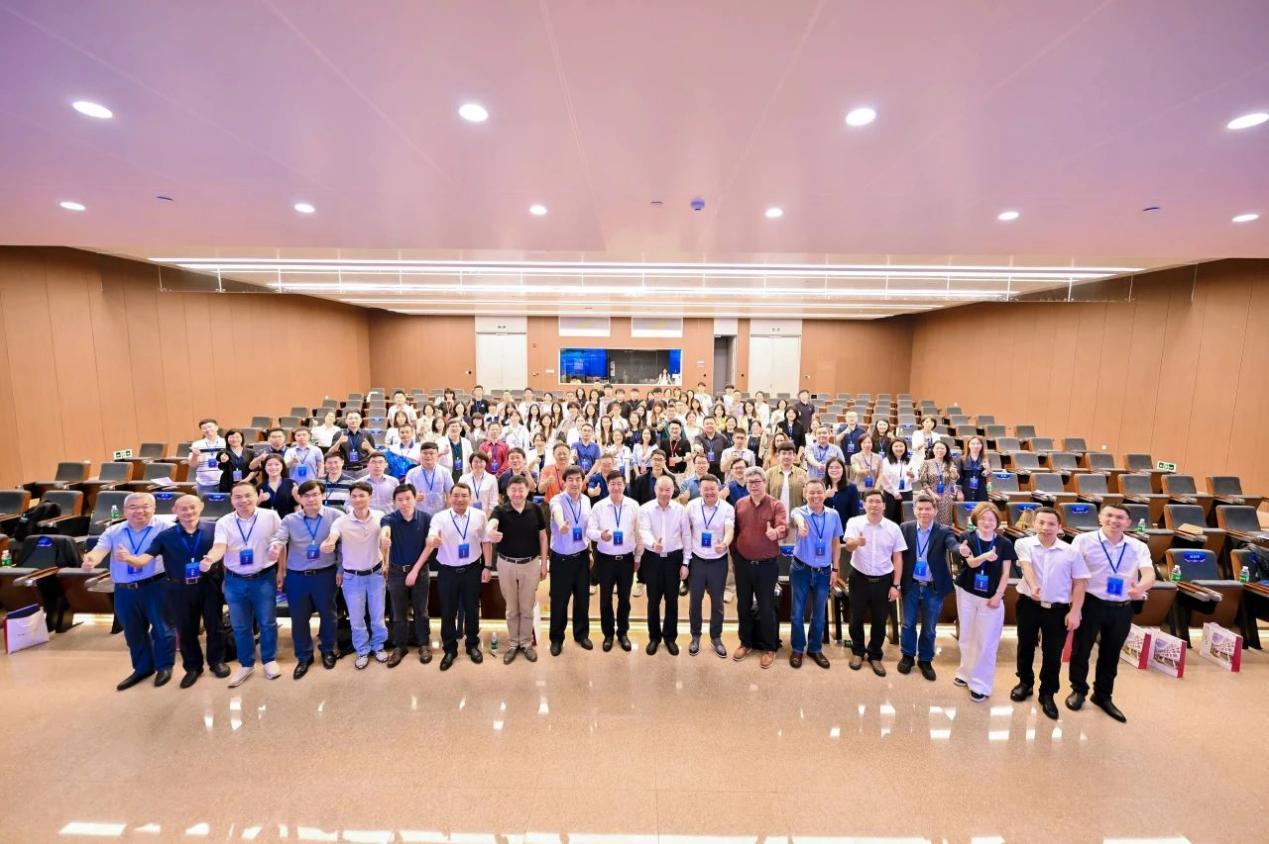
Founded in 2015, the Academic Forum of Chinese Political Communication Studies is a prominent academic forum in the field of political communication research in China. Since its inception, it has gained widespread academic influence and has become a recognized summit in the domestic academic community, significantly advancing the development of political communication research in China. In 2024, the forum was held outside Beijing for the first time, in Shenzhen, the starting point of China's reform and opening up. The seventh forum will be held in Chongqing in 2025.
Media Coverage:
Xinhua News Agency:
https://h.xinhuaxmt.com/vh512/share/12010708?d=134d880&channel=weixin
GMW.CN
https://share.gmw.cn/culture/2024-05/13/content_37320796.htm
Chinese Social Sciences Net:
https://www.cssn.cn/xwcbx/xwcbx_cmkx/202405/t20240514_5750987.shtml
NFPLUS:
https://static.nfnews.com/content/202405/13/c8869182.html?from=weChatMessage&colID=21216&appversion=11200&firstColID=21216&enterColumnId=0
Southern Metropolis Daily - OEEEE.COM:
https://www.oeeee.com/html/202405/13/1491957.html#10006-weixin-1-52626-6b3bffd01fdde4900130bc5a2751b6d1Shenzhen Special Zone Daily - Dute News:
Shenzhen Special Zone Daily -www.dutenews.com
https://www.dutenews.com/n/article/8169634? from=app&client=1&trace_id=154288383185413
Editor: Xiao Yao
First Reviewer: Liu Shuqi
Second Reviewer: Yuan Chao
Final Reviewer: Gu Zhijun

